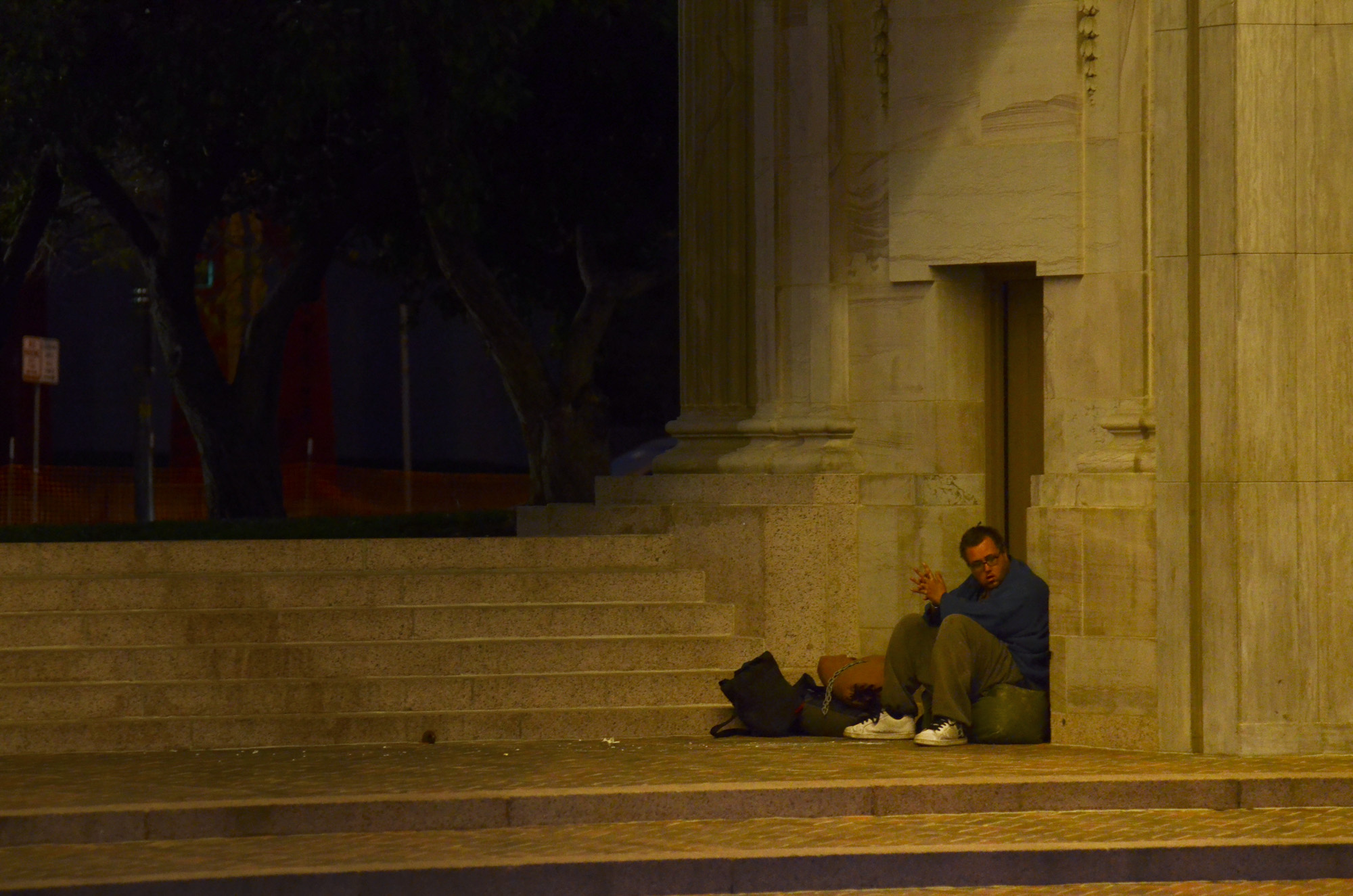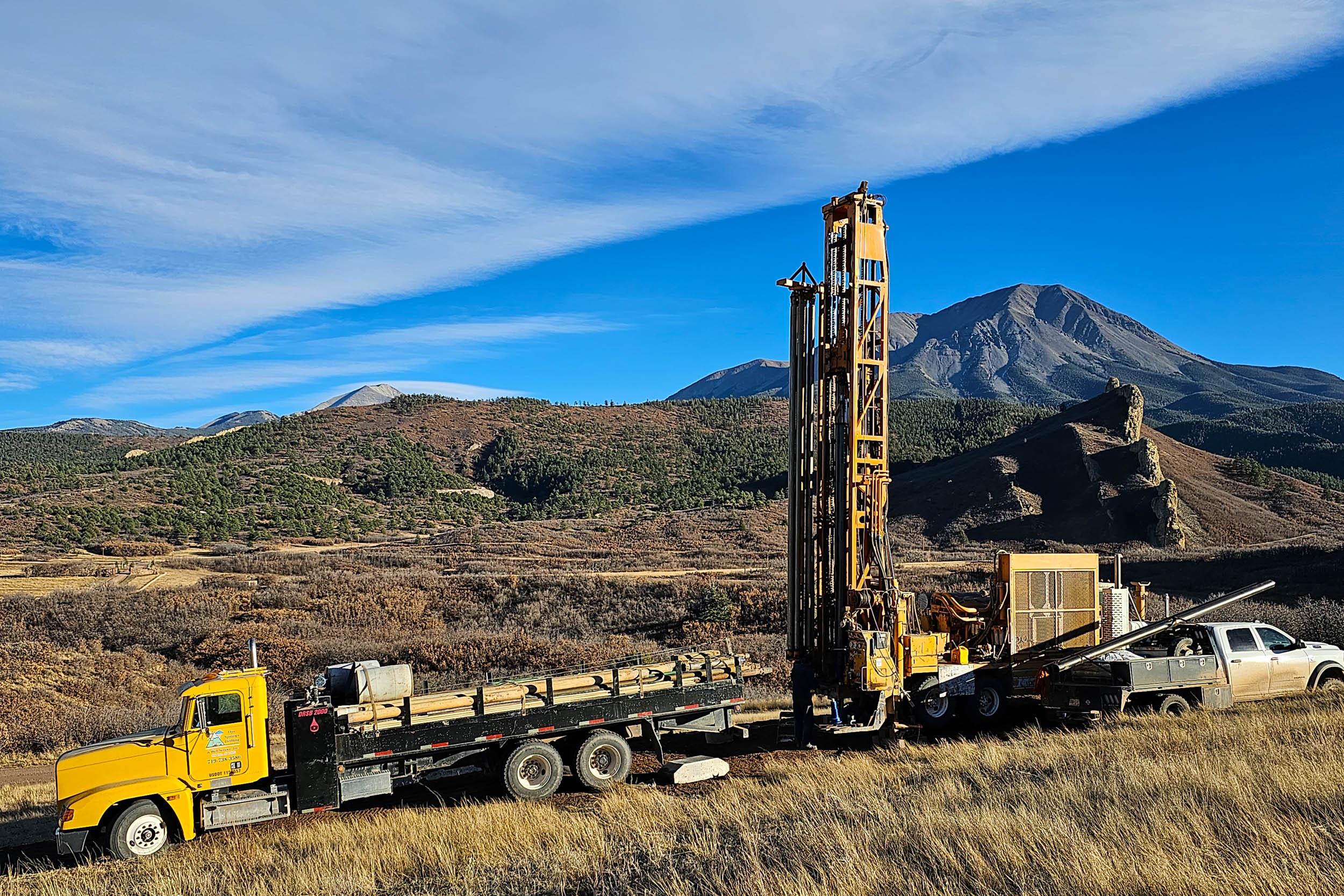
Published 7:25 a.m. | Updated 12:30 p.m.
Denver officials are still hammering out the details of a new plan to tackle homelessness in the city, but it already has a few notable differences from the 10-year-old effort it aims to replace.
The 2005 plan, which formed a city-run organization called Denver's Road Home, launched with the stated goal of ending homelessness in the city by 2015.
Executive Director Bennie Milliner said the new plan won't have a 10-year timeline and may not tout the same goal of eradicating homelessness. (Milliner said last night that the new plan wouldn't "end homelessness," but added later that a commission may decide to use that language.)
"We looked at what we were dealing with a homeless population in 2015; it's a lot different than what was in 2005," Milliner said after a community feedback meeting at History Colorado on Thursday night. A shorter time frame will allow for more flexibility as the homeless population changes, he said.
The goal of ending homelessness will continue to be an aspirational one, Milliner later said. The operational goal will be to reach "functional zero," a term used to describe when the availability of resources exceeds the need.
"You have to continue to aim high, so even if you fall short you are in good territory," he said.
- April 28: Homeless 'right to rest' bill fails
- April 16: Denver auditor slams plan to end homelessness
- April 7: Report decries 'criminalization' of homeless
The meeting was one of many held around the city intended to incorporate the public's concerns into the plan, which is due later this year. About 35 people came, including local politicians, social service non-profit employees, and concerned residents.
Some complained about homeless men urinating in their neighborhood. Others called for an end to the stigma of homelessness, taking issue with the camping ban the City Council passed in 2012.
"I think they focus too much on criminalizing homelessness," said Shirley Whiteside, who has volunteered at soup kitchens and advocated for the homeless in Denver for decades.

"People are homeless because they don't have a place to live," she said during the meeting. "It's kind of the elephant in the room and never gets addressed."
Milliner said more shelter space is always a major priority. He estimated that 4,000 new housing units are needed to meet current demand.
"It's difficult to have people focus on job training or mental health treatment or anything like that when they are concerned more about their housing situation," he said.
Residents who are not able to make it to one of the meetings can submit their ideas and feedback on this form.









